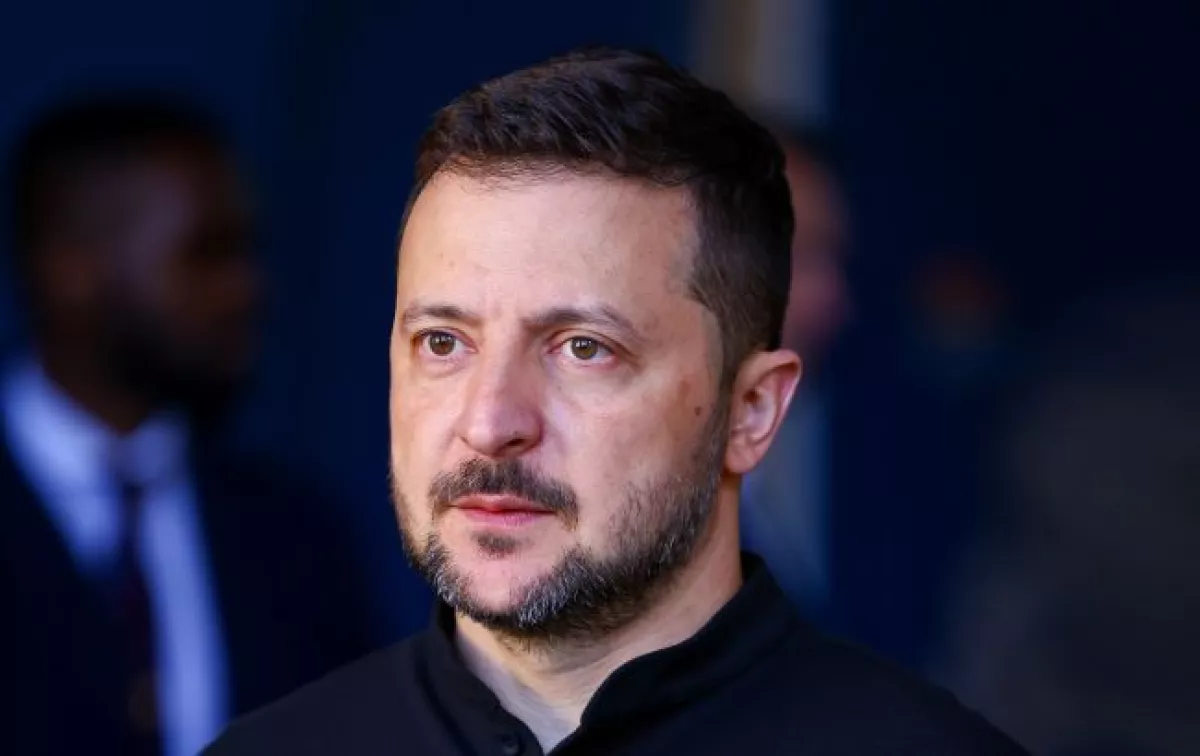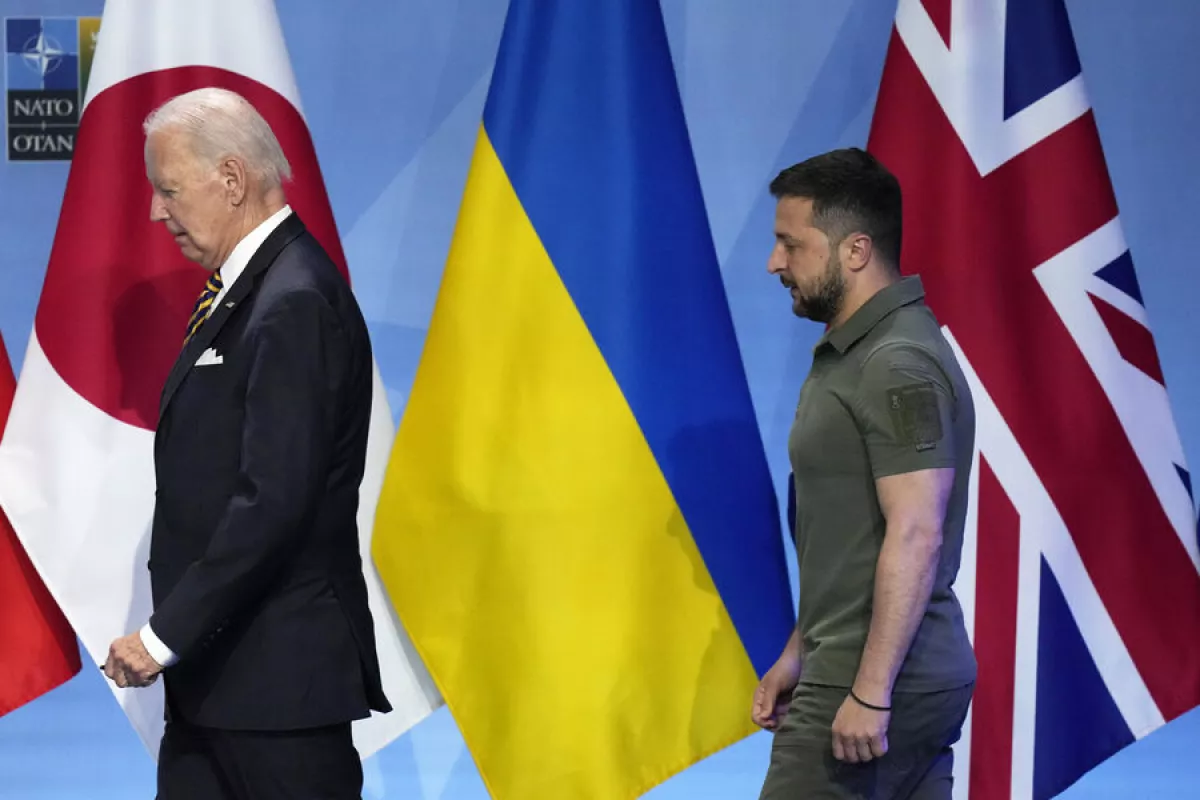Berlin summit: Western leaders tackle Ukraine's future and Zelenskyy's vision for peace
Leaders from Germany, the United States, France, and Britain — Chancellor Olaf Scholz, Presidents Joe Biden and Emmanuel Macron, and Prime Minister Keir Starmer — gathered in Berlin to explore ways to enhance support for Ukraine and evaluate Ukrainian President Volodymyr Zelenskyy's proposals for resolving the ongoing conflict.
The German government's press service stated that the leaders engaged in discussions about providing Ukraine with additional security assistance, economic support, and humanitarian aid, potentially utilizing proceeds from frozen Russian assets, Caliber.Az reports.
They also deliberated on Zelenskyy’s “victory plan” and reiterated their commitment to aiding Ukraine in its pursuit of a just and lasting peace, grounded in international law, the UN Charter, and respect for sovereignty and territorial integrity.

President Zelenskyy, in a recent interview, expressed concerns regarding a lack of a clear “plan B” should Ukraine not receive an invitation to join NATO. He emphasized that much could change after the upcoming U.S. presidential election, noting that the United States is Ukraine's primary supporter. Zelenskyy remarked, “If U.S. policy shifts post-election, those changes will constitute our ‘plan B.’”
He acknowledged that U.S. policy would significantly impact the trajectory of the Russian-Ukrainian war, stating that no one can predict the outcomes with certainty. He pointed out that various statements may reflect differing views on support for Ukraine, noting that these discussions are not centred on Ukraine's interests during U.S. elections. “We need to remain focused because we are in a state of war,” he added.
Zelenskyy also indicated that Ukraine will not revert to its pre-1991 borders. In response to questions about potential compromises regarding the restoration of these borders, he said, “Life can take unexpected turns.” The future depends on Ukraine’s strength and the endurance of its partners. “Different scenarios could unfold. However, until Ukraine officially recognizes any territories as Russian, they will remain Ukrainian,” he concluded.
While the Ukrainian victory plan is one approach to ending the conflict, Zelenskyy acknowledged that other countries have proposed their own strategies as well. He expressed openness to discussing peace proposals from other nations.
He highlighted the upcoming G20 meeting in November as a significant opportunity for dialogue. “All participating countries could bring their proposals. We previously shared our peace formula at the G20 in Indonesia,” Zelenskyy noted. He pointed out that Brazil will host the G20 meeting next month, which has also formulated a peace initiative concerning the Ukraine war. “If their proposals can unite the world around a single plan, I support that,” he emphasized.

In a related note, German media reported that President Biden has been deliberately avoiding direct interactions with President Zelenskyy during his visits to Europe, leading to speculation that there may be a reluctance among Western leaders to fully engage with Zelenskyy and instead propose peace terms that may be more favourable to Russia.
French media echoed this sentiment, stating that while the official stance of Western allies remains unchanged, there are undercurrents in Paris, Berlin, and Washington where many desire peace — even if it entails Kyiv relinquishing some territories.
Zelenskyy previously remarked that Western officials have not broached the subject of an agreement where Ukraine would cede territory occupied by Russian forces in exchange for NATO membership, as they are hesitant to discuss such matters with him.
By Tamilla Hasanova








